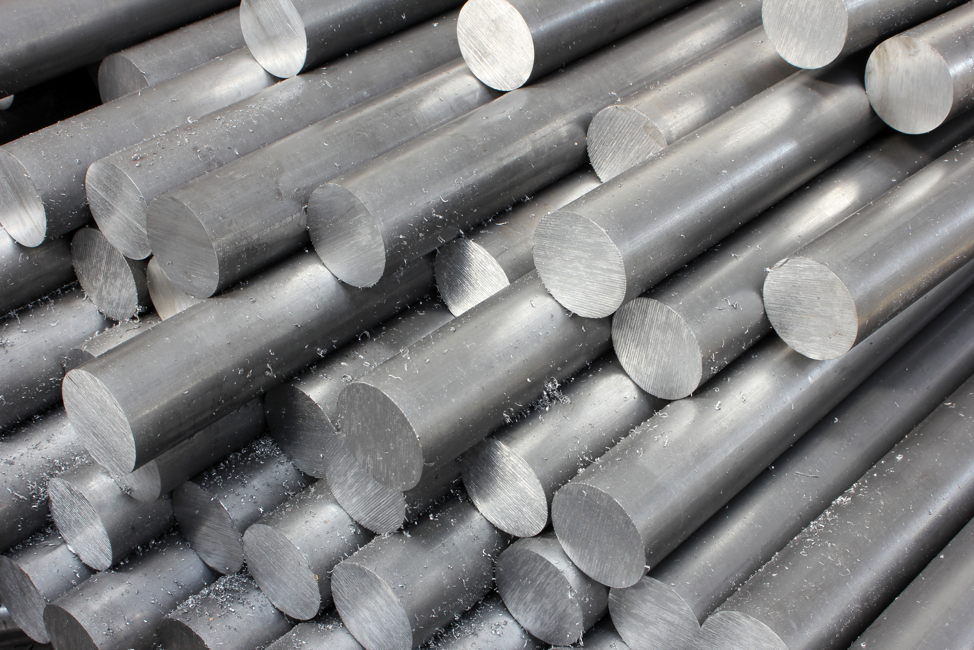Stepping into the Malaysian logistics industry is both hard and easy. It is hard when there are so many stakeholders involved with an enormous amount of complex paperwork. However, it could also become easy if you understand and remember the roles and responsibilities of any shipping procedures that depend on which types of goods are being transported. An example would be to understand what is a certified rmc agent in Malaysia responsible for and what role he/she plays during a shipment. But, that requires deeper digging into the field which is not aligned with this article for newcomers. Here are the parties that are involved in usual sea cargo transportation.

The seller and buyer
Every cargo transportation business always involves the buyer and the seller as the whole purpose of the other parties is built on the foundation of these two. The seller may be the producer or manufacturer of the goods, or a party acting as the producer/manufacturer’s agent. Both sides will agree on the trade terms which will influence the type and terms of shipping documents that add in or reduce the role of the below parties.
Freight forwarder
Freight forwarders will be in charge of mediating between transportation companies and those who need them. They have no physical outlets or tools used for transporting or processing the goods. Freight forwarders play as a planner and managers to ensure that everything is in its place, the customers pay the right fee and the transportation firms collect and deliver the right statistic numbers without any damages or wrong deliveries.
Here are some more specific examples of what freight forwarding or freight forwarder do:
- Prepare beforehand any necessary papers for import and export goods.
- Sort and select the right transporters to meet the customers’ demands.
- Bargaining and working with the transporters on pricing and procedures, this step could also help shorten the delivery time and shipments.
- Filling essential insurance claims.
Carrier
They are who contract with a shipper for the transport of goods by sea. In most of the liner trades, where non-vessel-owning carriers offer shipping services, the carrier with whom the seller or the seller’s agent makes his carriage contract does not mean the carrier performing the sea carriage. Furthermore, where a ship is chartered and is being operated commercially by the charterer (such as a time charterer), the identity of the legal carrier depends on the information stated on the landing bill or sea waybill.
Consignee
Consignees are the goods that are consigned or sent by the shipper. The consignee may be the buyer of the goods, or a party acting as an import agent for the buyer.
Charterers agent
The charterers reserve the right to nominate agents, although these “charterers’ agents” will usually be chosen and have their fees paid by the owners. (The owners will therefore be the principal in the legal relationship.)
As well as expediting cargo operations, charterer’s agents should attend to the ship’s business, like crew reliefs and repatriation, subs, etc., and a Disbursements Clause may provide that they will be paid for this work by a commission on the actual cost of the disbursements.





